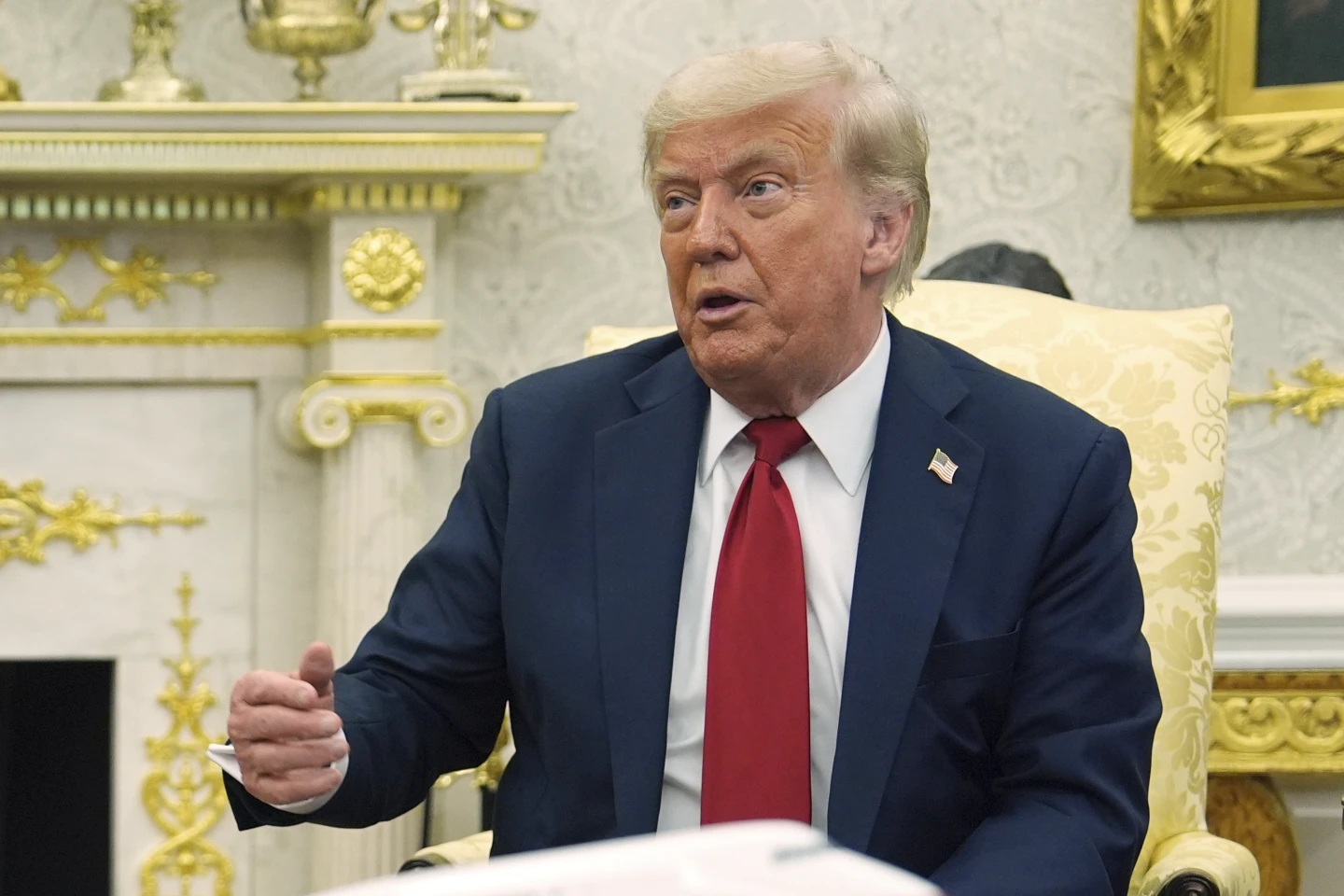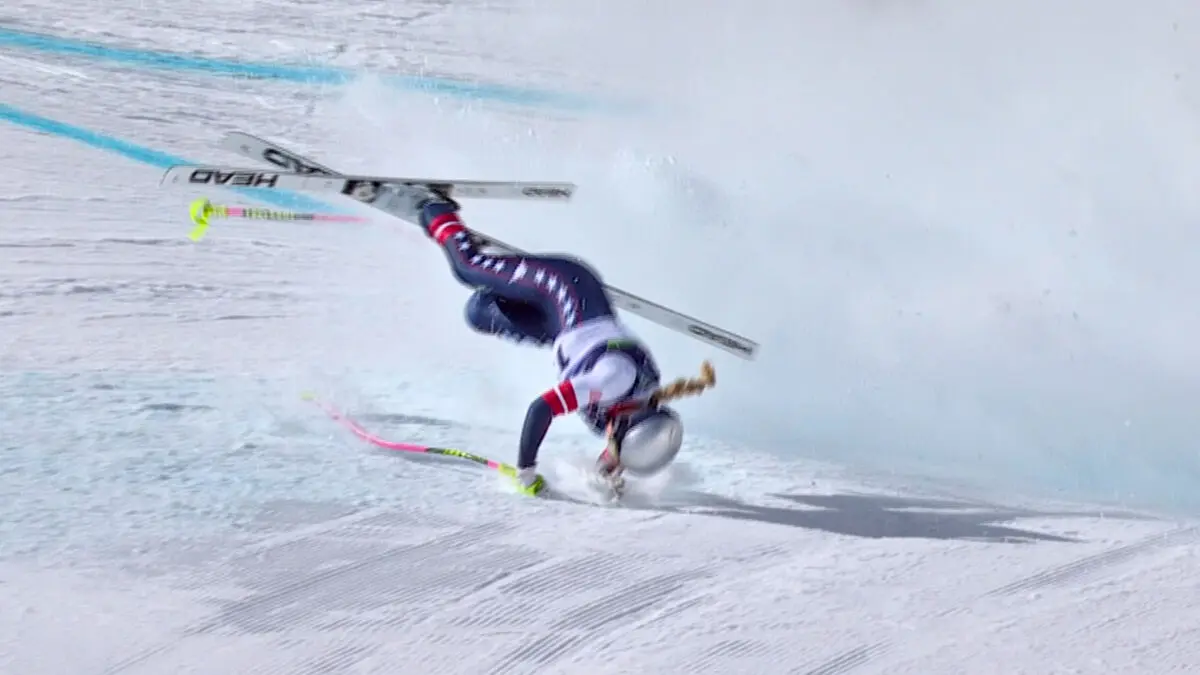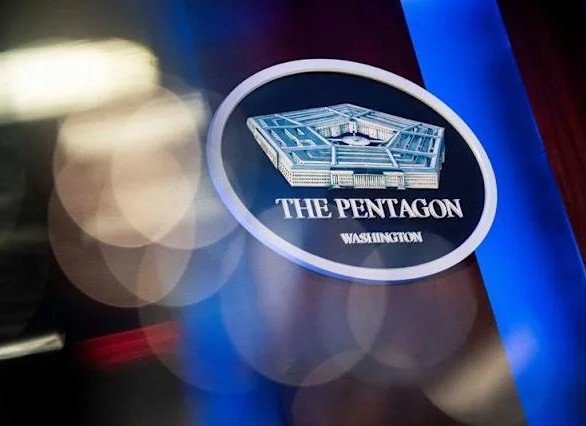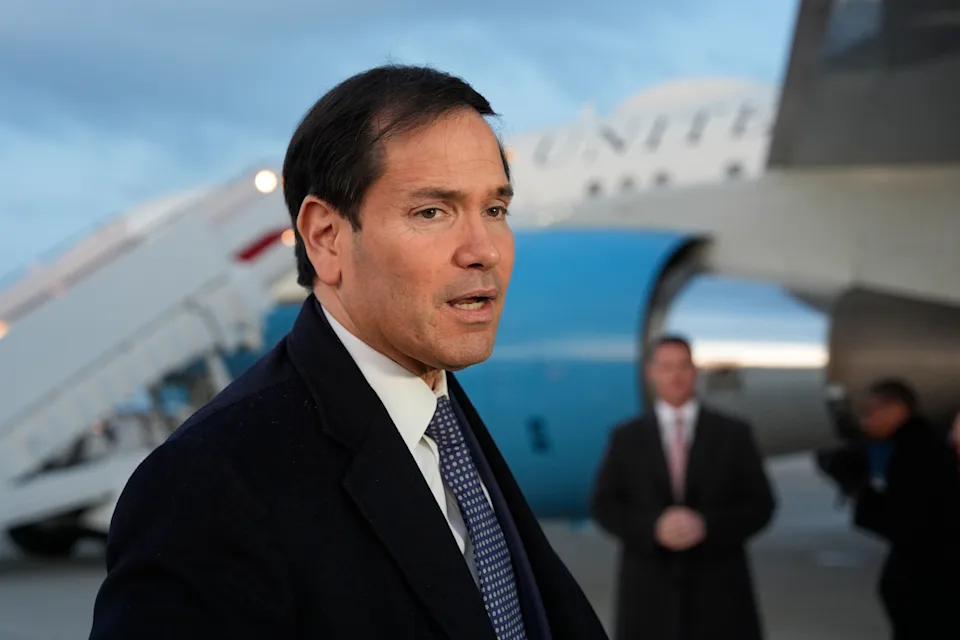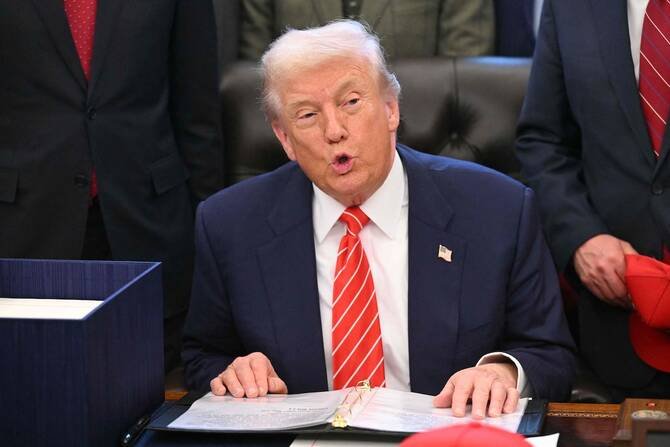Washington, July 15, 2025 – The Europe Today: In a significant shift in tone, U.S. President Donald Trump on Monday threatened the Russian Federation with steep tariffs and unveiled plans for an enhanced weapons pipeline to Ukraine, signaling a tougher posture toward Moscow amid ongoing frustrations over stalled peace efforts.
The announcement marks a notable escalation in Trump’s approach to the war, which began three years ago with Russia’s full-scale invasion of Ukraine under the leadership of President Vladimir Putin. While Trump had previously expressed impatience with Ukrainian President Volodymyr Zelenskyy, whom he accused of lacking flexibility, he has recently turned his criticism toward the Kremlin.
“My conversations with him are very pleasant, and then the missiles go off at night,” Trump said of his exchanges with President Putin. “It just keeps going on and on and on.”
Trump warned that unless a peace agreement is reached within 50 days, his administration would impose “severe tariffs”. While he did not provide specifics on the structure of the proposed tariffs, he characterized them as secondary measures—targeting not only Russian goods but also the trading partners that help sustain Russia’s presence in the global economy.
In parallel, Trump announced the reinvigoration of American military support to Ukraine, signaling a renewed commitment to bolstering Kyiv’s defense capabilities. Details on the scale and nature of the weapons deliveries were not immediately disclosed, but U.S. officials indicated that the expanded pipeline would include advanced systems previously withheld under negotiation conditions.
The measures underscore a strategic recalibration by the Republican president, who campaigned on swiftly ending the war but is now adopting stronger economic and military levers in an effort to pressure Moscow and reshape the diplomatic landscape.
Analysts note that Trump’s announcement could have far-reaching implications for U.S. relations with Russia and its allies, particularly if secondary sanctions disrupt broader international trade dynamics. It also comes as U.S. lawmakers and NATO partners continue to weigh their own responses to the prolonged conflict in Eastern Europe.
